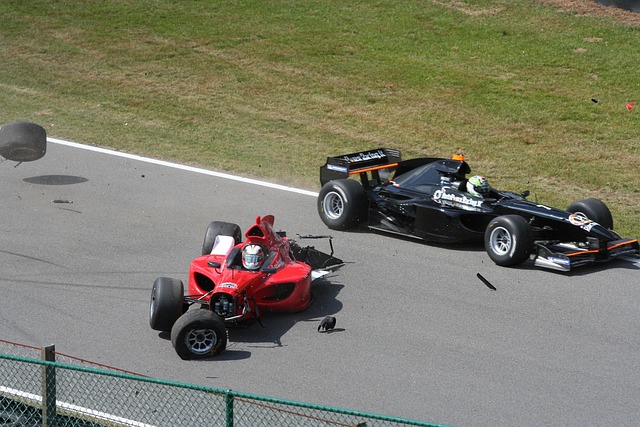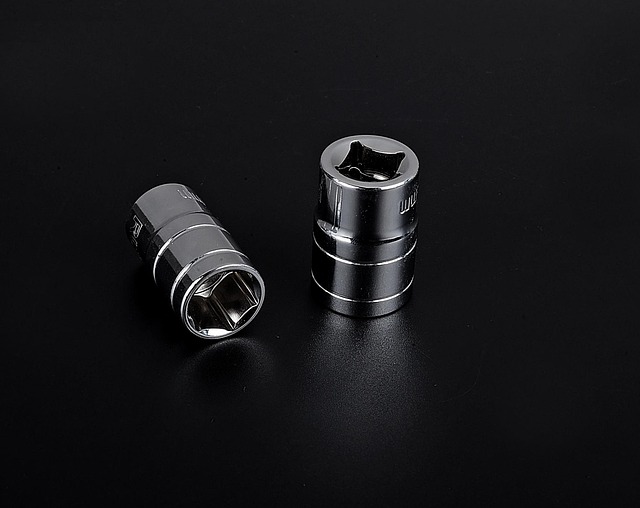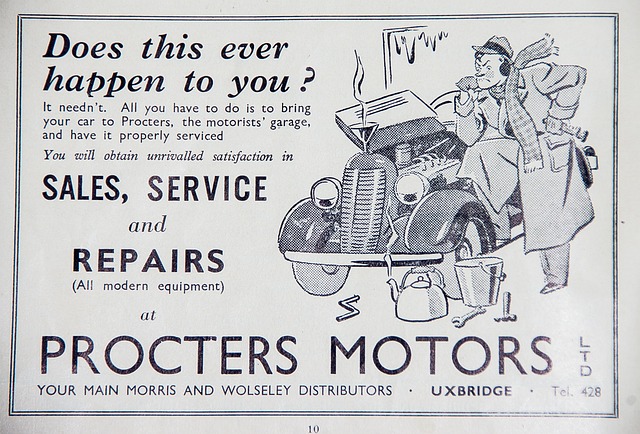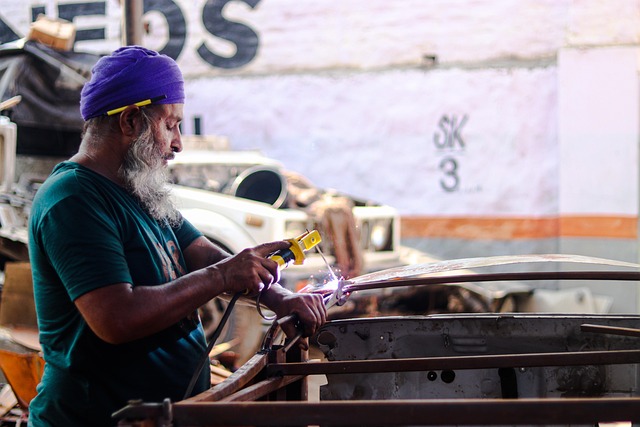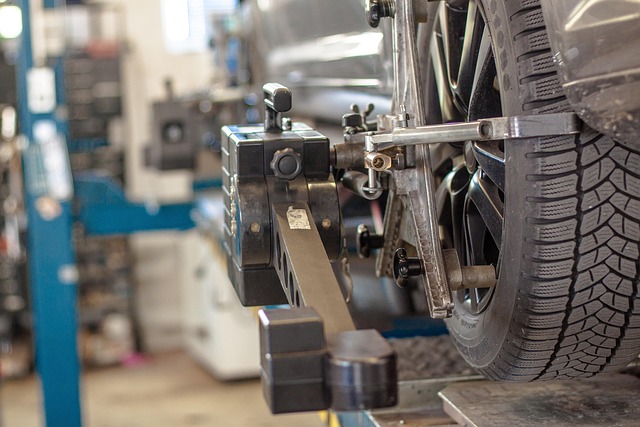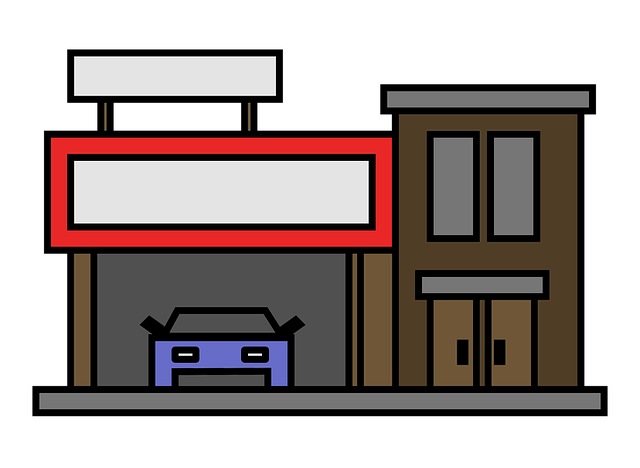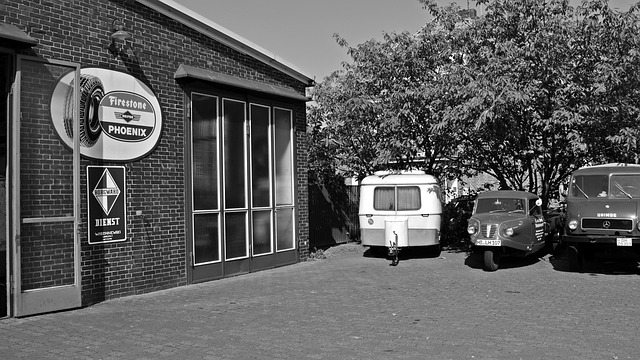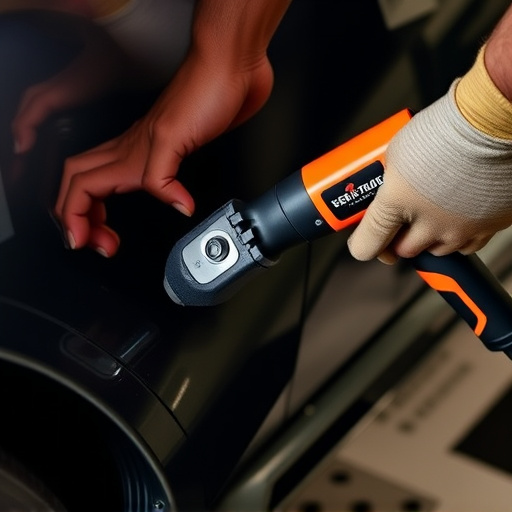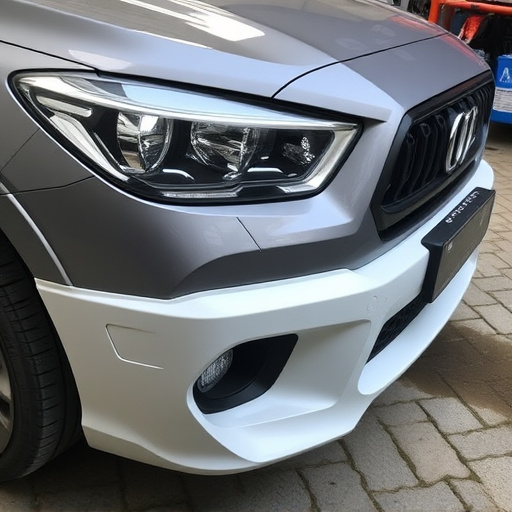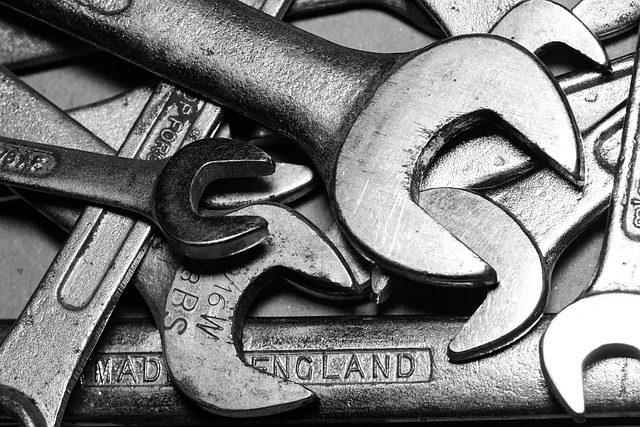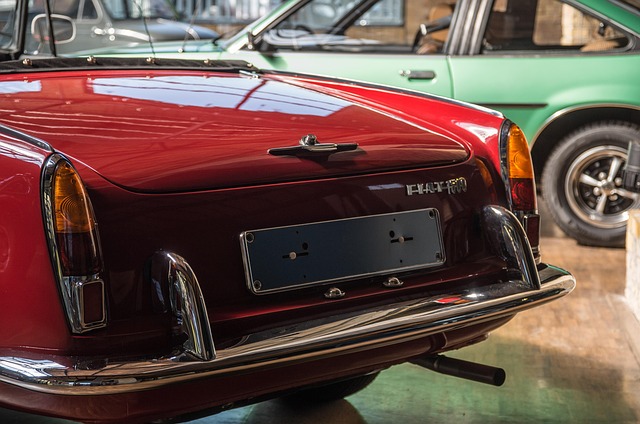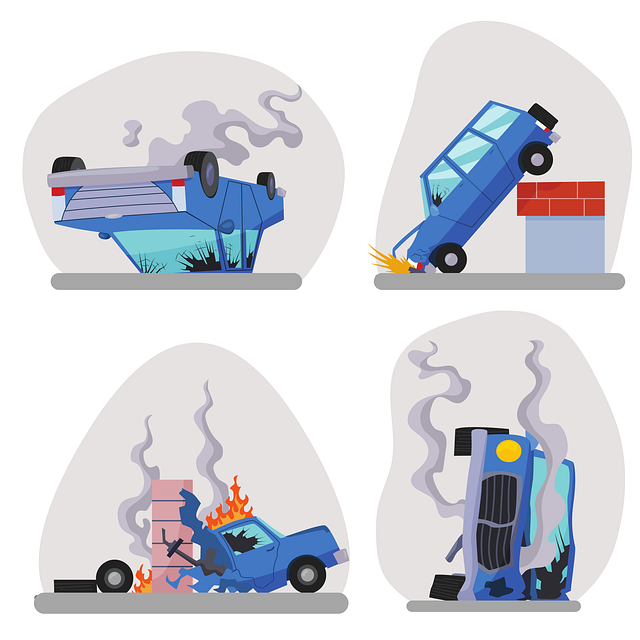Modern vehicles' critical differential system enables cornering agility and stability, making regular inspections vital post-accidents, even minor ones. Damage like cracks, misalignments, or wear can escalate unnoticed. Prompt car scratch repair and thorough assessments at auto collision centers prevent further complications, ensuring seamless differential function, enhanced vehicle safety, and improved performance. Regular maintenance, including fluid exchanges and component replacements recommended by auto repair services, is essential for optimal differential performance after a collision.
Can a minor crash damage your car’s differential system? It’s a question that arises often, especially for drivers concerned about routine fender benders. This article demystifies the issue, delving into the intricate world of the differential system and its vulnerability to collisions. We explore how even seemingly minor impacts can affect differential components, emphasizing the significance of prompt post-collision inspections. Learn essential maintenance recommendations to ensure optimal differential health and avoid costly repairs stemming from overlooked damage.
- Understanding the Differential System and Its Function
- The Impact of Minor Collisions on Differential Components
- Post-Collision Inspection and Maintenance Recommendations
Understanding the Differential System and Its Function
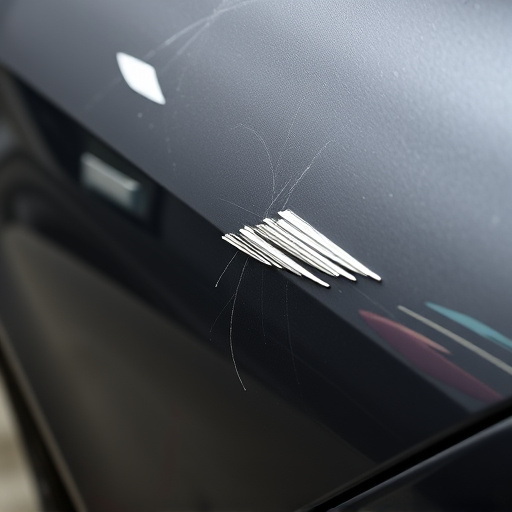
The differential system is a crucial component of modern vehicles, playing a vital role in ensuring smooth and efficient power distribution to the wheels. Comprising various intricate parts, its primary function is to enable cornering by allowing each wheel to rotate at different speeds. This sophisticated mechanism enhances vehicle agility and stability, particularly during turns or on uneven terrain. A minor crash, however, can potentially disrupt this delicate balance.
Regular differential inspections are essential for maintaining optimal performance. Even a slight collision, if not promptly addressed, may cause internal damage. Small cracks, misalignments, or component wear could go unnoticed but might escalate over time. Therefore, visiting an auto collision center or dedicated service facility for differential inspection is recommended after any accident, even minor ones. Prompt car scratch repair and thorough assessments can prevent further complications, ensuring the differential system continues to function seamlessly, thereby enhancing overall vehicle safety and performance.
The Impact of Minor Collisions on Differential Components
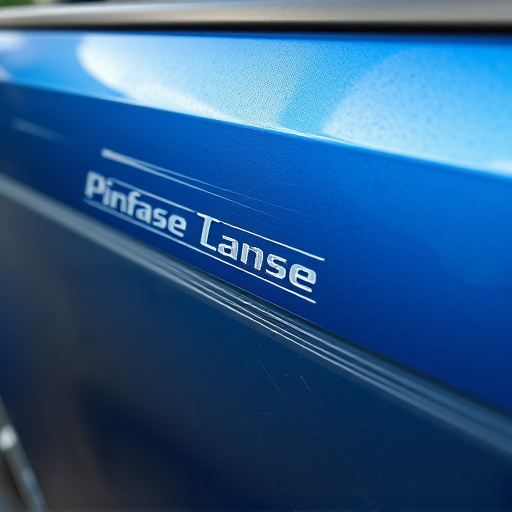
Minor crashes, while often dismissed as inconsequential, can have a significant impact on the intricate components of a vehicle’s differential system. When a collision occurs, even at low speeds, it introduces unexpected forces and stress into various parts that are vital for smooth and efficient power distribution. The differential, a critical mechanical element, is designed to allow each wheel to rotate at different speeds while cornering, ensuring optimal traction and handling. However, sudden impacts can cause damage to its internal components, such as gears, bearings, and seals, leading to reduced performance or even complete failure over time.
Regular differential inspection is crucial for identifying potential issues early on. Skilled mechanics can perform a thorough check, examining signs of wear, tear, or misalignment that might indicate the need for repairs or replacement parts. Prompt attention to these matters can prevent more serious problems and ensure the longevity of not just the differential but also the vehicle’s overall drivetrain health. This is particularly relevant when considering that even seemingly minor fender benders could affect the structural integrity of the differential, a component that plays a significant role in vehicle dynamics and safety.
Post-Collision Inspection and Maintenance Recommendations
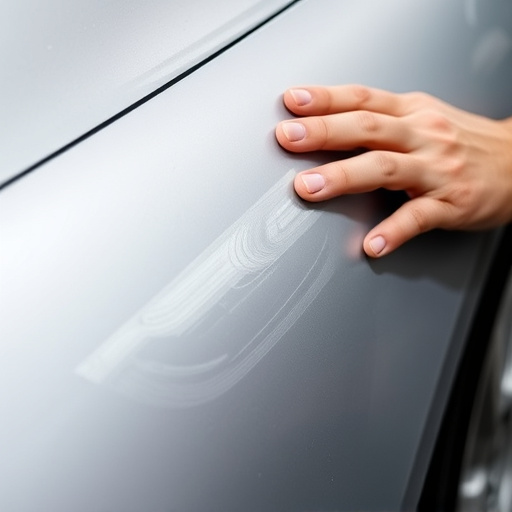
After a minor crash, it’s crucial to undergo a thorough differential inspection. While external damage might appear minimal, unexpected issues could have emerged internally. Skilled technicians employ specialized tools and expertise to assess the differential system, checking for any signs of wear, leaks, or structural integrity compromise. Promptly addressing these concerns is vital to prevent further complications that could negatively impact vehicle handling and safety.
Regular maintenance plays a significant role in keeping the differential system in optimal condition. Following a collision, auto repair services may recommend enhanced inspections and servicing. This can include fluid exchanges, component replacements, or adjustments to ensure the differential functions seamlessly. Utilising reputable car paint services and auto bodywork experts is advisable for repairing any associated damage, ensuring both aesthetic appeal and structural integrity are restored.
While minor crashes may not seem significant, they can indeed impact the delicate balance of a vehicle’s differential system. Understanding the potential effects and conducting thorough post-collision differential inspections are crucial steps in ensuring proper functionality and safety. Regular maintenance and prompt attention to any abnormalities can prevent further complications, emphasizing the importance of prioritizing differential care following a collision. Remember that even seemingly minor accidents may leave remnants that require professional attention, so a meticulous approach to differential inspection and collision repair is key.
